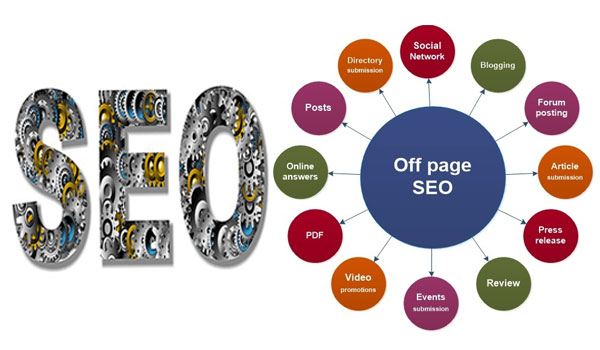In the swiftly changing economic terrain of today, auto financing is experiencing a significant metamorphosis propelled by diverse technological advances and inventive lending approaches. As we delve into what lies ahead, it becomes crucial to examine the various trends and innovations influencing the methods of financing our vehicles. This article endeavors to traverse the realm of auto financing, unveiling the compelling developments that are reshaping the industry.
Digital Transformation in Auto Financing
The digital age has made way for a new era for auto financing, with different online platforms and apps becoming more prominent. Fintech companies are revolutionizing the loan application process, making it more accessible and user-friendly. This digital transformation will not only expedite the lending process but also enhance convenience for borrowers who can now manage their finances with just a few clicks.
Personalized Financing Solutions
Uniform strategies are yielding to personalized financing solutions, where data analytics plays a pivotal role in customizing loan packages according to individual needs. Reliable money lenders in Singapore utilize extensive datasets to present tailored loan options, ensuring alignment with the unique financial situations of borrowers. This shift towards personalized financing is advantageous for both borrowers and lenders, nurturing a more mutually beneficial relationship.
Alternative Lending Models
Revolutionary lending models are reshaping the conventional auto financing scene. Peer-to-peer auto financing platforms directly link borrowers with individual lenders, sidestepping traditional financial institutions. The rise of subscription-based car ownership models is notable, enabling consumers to enjoy the perks of car ownership without enduring a long-term commitment. These alternatives emphasize flexibility and choice, posing a challenge to the established norms of auto financing.
Green Auto Financing
As the world shifts towards sustainable practices, green auto financing is gaining prominence. Financing options for electric and hybrid vehicles are becoming more prevalent, accompanied by incentives and benefits for eco-friendly car buyers. The intersection of finance and environmental consciousness is not only reshaping the auto industry but also encouraging a greener and more sustainable approach to transportation.
Blockchain Technology in Auto Financing
Blockchain technology is causing a significant impact on auto financing, offering increased security and transparency in transactions. This decentralized ledger system is simplifying complex processes, diminishing fraud, and enhancing overall efficiency. Although there are obstacles to widespread adoption, the potential advantages of implementing blockchain in auto financing cannot be disregarded, assuring a lending environment that is more secure and streamlined.
Artificial Intelligence in Credit Decisioning
Artificial intelligence is transforming the credit decision-making process in auto financing by utilizing algorithms for precise credit scoring, streamlining loan approval, and enhancing overall efficiency. Nevertheless, finding the appropriate equilibrium between efficiency and ethical AI practices poses a challenge. As AI progresses, its undeniable impact on reshaping the credit decisioning landscape continues to evolve.
Impact of Economic Trends on Auto Financing
Auto financing is not isolated; it is intricately linked to broader economic patterns. Changes in interest rates and economic downturns directly influence delinquencies in auto loans. It is crucial for both lenders and borrowers to adjust their auto financing strategies to align with these economic shifts, ensuring successful navigation through these challenges.
Regulatory Landscape and Consumer Protection
In the constantly changing realm of auto financing, it is imperative to establish a strong regulatory framework to guarantee equitable and transparent lending practices. Balancing innovation with consumer protection is a sensitive endeavor. Empowering individuals through consumer education is crucial, enabling them to make informed choices regarding their auto financing, thereby cultivating a marketplace grounded in trust and accountability.
Conclusion
As we venture into the forthcoming era of auto financing, the terrain undergoes dynamic changes, technological advancements, and inventive approaches. Ranging from digital overhauls to tailoring financing to individual needs and adopting sustainable measures, the auto financing sector is transforming to align with evolving consumer demands. Maneuvering through this evolving landscape demands flexibility, openness, and a dedication to ethical lending standards. The future presents thrilling prospects, envisioning auto financing not merely as a transaction but as a dynamic and inclusive journey for everyone involved.



































